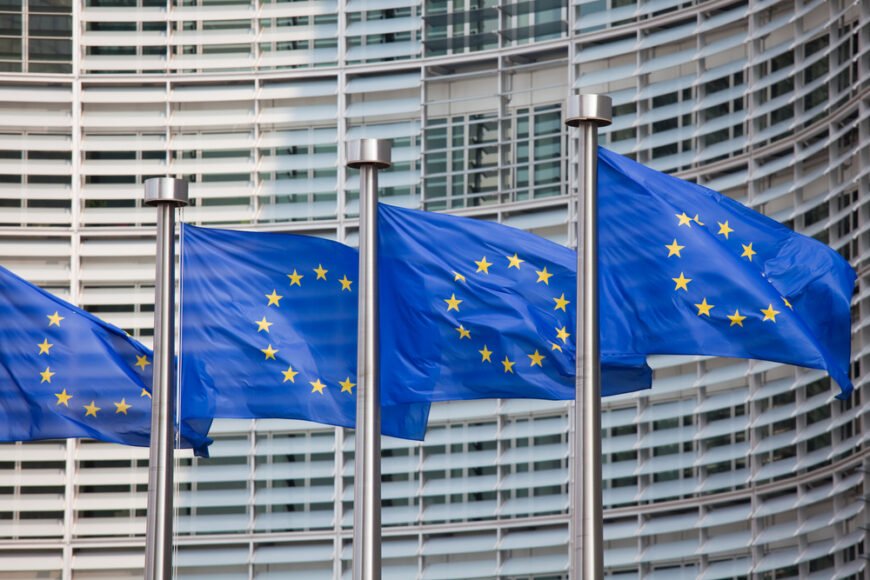
Brussels – Austria and Luxembourg pushed for a more straightforward EU deforestation regulation at the Council of EU Agriculture Ministers meeting on Monday in Brussels, persuading several member states. Minister for Agriculture and Forestry Norbert Totschnig (ÖVP) stated, “We do not want to burden those affected in Europe with bureaucracy; our aim is to combat illegal deforestation.” He also criticized the recent risk assessment on deforestation.
“Today, in collaboration with Luxembourg, we will communicate a strong message for simplifying the deforestation regulation, to which we are committed in principle,” Totschnig said. “We are in an era that demands fair conditions; we require planning security within the value chain and practical implementation.” Even though the EU Commission has issued guidelines, they are “well-intentioned yet not legally binding.” Therefore, Totschnig called for legislative amendments, which he believes should be undertaken by the Commission as part of its omnibus initiative.
Under Ursula von der Leyen, the Commission aims to reduce overall bureaucracy for companies by approximately 25%. Reporting obligations for small and medium-sized enterprises are targeted for a 35% reduction. Previous omnibus packages focused on changes to supply chain laws, exceptions in sustainability reporting, simplified environmental requirements, and improved access to funding for farmers.
Countries with high risk rated too low
Totschnig also expressed concerns about the recent risk assessment on deforestation, which categorized countries into three risk levels: “Countries with high deforestation risk were assessed as medium,” undermining the efforts of nations like Austria that enforce strict sustainability laws. He called for improvements in this assessment. The Commission’s initial benchmarking list categorizes countries based on their deforestation risk as “low,” “normal,” or “high,” accounting for the production of the seven raw materials covered by the EU Deforestation Regulation (EUDR).
Austria is classified as “low risk,” while Brazil and Indonesia, known for extensive rainforest deforestation, are categorized as medium risk. The EU Deforestation Regulation seeks to prevent products linked to deforestation from entering or being exported from the European market, meaning areas that were forested are permanently converted to agricultural land.
Funds needed for CAP in the next EU budget
German Agriculture Minister Alois Rainer endorsed Luxembourg’s push for reforming the deforestation regulation, stating, “The EU’s effort to limit global deforestation is commendable, but the bureaucratic impact on many European countries is excessive.” He emphasized that this level of bureaucracy is unnecessary. In the upcoming multiannual EU budget negotiations starting this autumn, Rainer insisted on a strong Common Agricultural Policy (CAP) with substantial financial backing. The EU Commission plans to present its proposal in mid-July.
Totschnig reiterated that financing for the CAP must be a “priority for the EU” in the next multiannual budget. With various geopolitical challenges, he stressed the importance of adequate funding for the CAP to balance market fluctuations and ensure supply security.
Land&Forest Enterprises welcome the deforestation regulation initiative
Konrad Mylius, President of Land&Forest Enterprises Austria, remarked that the initiative demonstrates the current implementation of the EUDR in its existing form is unsustainable. “We appreciate Federal Minister Norbert Totschnig’s commitment and warmly welcome the initiative to create practical solutions for countries with demonstrably low deforestation risk. We also call for increased transparency concerning the risk assessment and regulation implementation to ensure legal certainty for the affected enterprises.” (25.05.2025)













Leave a Reply